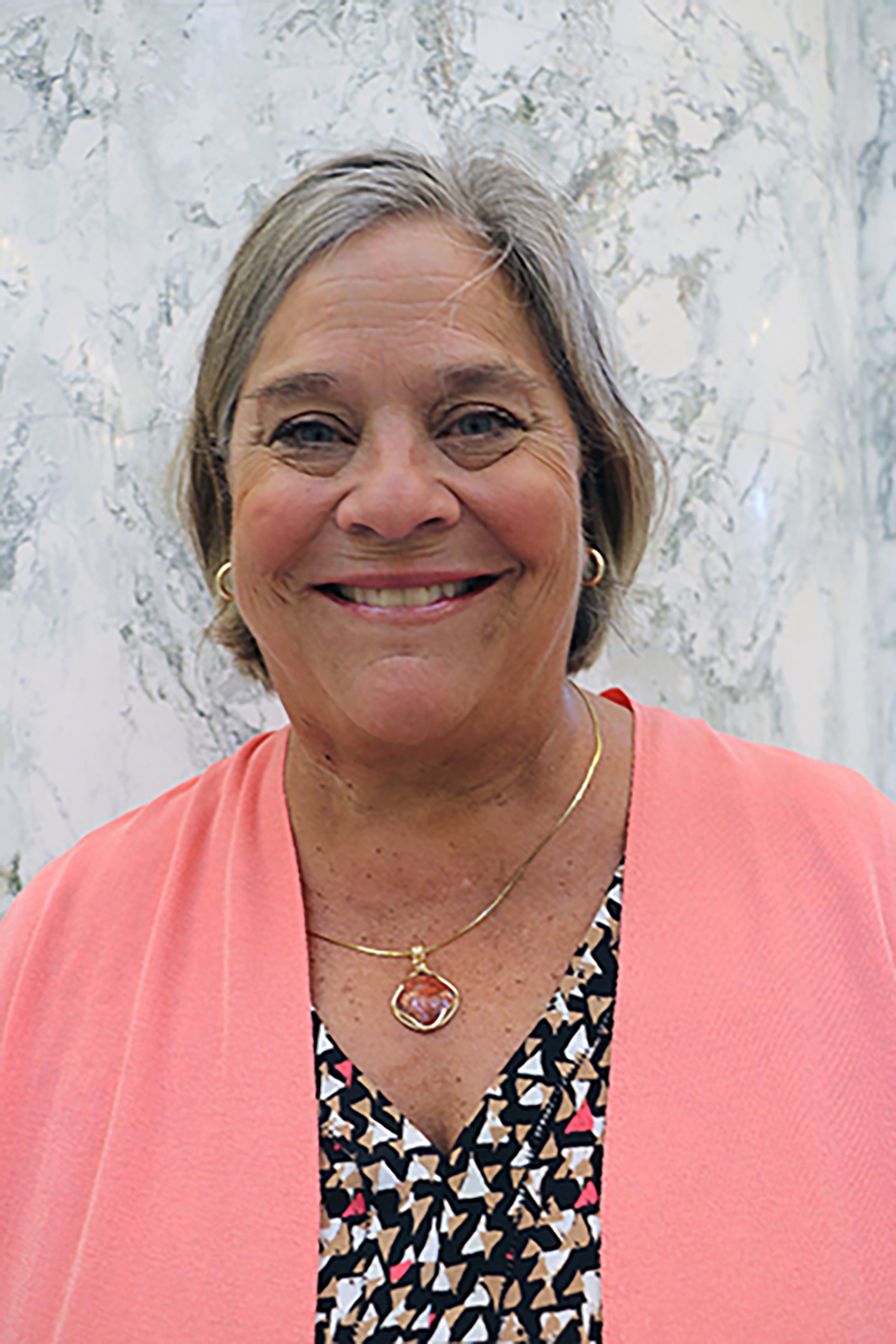OPINION: Legality of WA teachers’ strikes needs clarification
Guest Editorial: Another Newspaper’s Opinion
This editorial was published in The Columbian of Vancouver, Wash.
———
An apparent agreement to avoid a teacher strike in Vancouver Public Schools is good news for students, educators, administrators and parents. It also brings up questions about the state of public schools and the role of collective bargaining.
After lengthy negotiations that threatened to disrupt the start of the school year, the Vancouver Education Association has reached a tentative agreement with district officials on a three-year contract. Union members were scheduled to vote Thursday, with results expected early this week, according to a union official.
Once negotiating teams reach a tentative deal, union members typically approve. For the sake of everybody involved, we hope that is the result in this situation.
And if that is the result, it is time to take a big-picture view of a situation that frequently leads to teacher strikes. Last year, teachers in the Evergreen and Camas districts walked out, delaying the start of the school year. Among the issues in Evergreen were support for special education and increases to planning time and wages.
All of which shines a spotlight on Washington law. As The Columbian has reported: “Teacher strikes are illegal in Washington state, but they still happen. And the reality is, while strikes may be illegal, there’s no law setting penalties against public employees who do strike.”
The Revised Code of Washington (Section 41.56.120) states, “Nothing contained in this chapter shall permit or grant any public employee the right to strike or refuse to perform his or her official duties.”
To clarify that provision, a formal opinion issued by the state Office of the Attorney General in 2006 said, “state and local public employees, including teachers, have no legally protected right to strike.” The opinion also stated, “in some cases, courts may grant injunctive relief to prevent or end unlawful strikes.”
But seeking an injunction can be a treacherous path for district officials. As Jon Shelton, a professor at the University of Wisconsin Green Bay and an expert on the subject, told Education Week last year: “If the teachers have solidarity and public support, it’s going to be difficult to punish them in any real sense.”
In the case of Vancouver Public Schools, the teachers’ contract expired Saturday. If a strike is called this week, it would not be in violation of a contract — adding another layer of complexity to the situation.
Critics view all of this as an example of public-employee unions wielding inordinate power to influence public policy. In libertarian-leaning Reason magazine last year, Philip K. Howard wrote: “Public employee unions in most jurisdictions have a veto on key aspects of how government works. ... The banner that flies over the union fortress reads ‘Just Say No.’ “
The result, some suggest, is stifling bureaucracy that is beholden to special interests and prevents government from effectively working for the public good. That is a discussion that goes beyond teachers’ unions; in one example, it is a public union that makes it difficult for police departments to fire officers who repeatedly violate department policy.
In the case of teachers, some clarification is necessary. If state law prevents strikes but no punishment is spelled out, the law is pointless. Legislators should spell out whether or not strikes are illegal, and they should define possible penalties for illegal actions.
Fortunately, it appears that the laws will not be tested in Vancouver. But spelling out the rights of teachers — and other public-employee unions — will better serve our communities.
TNS








